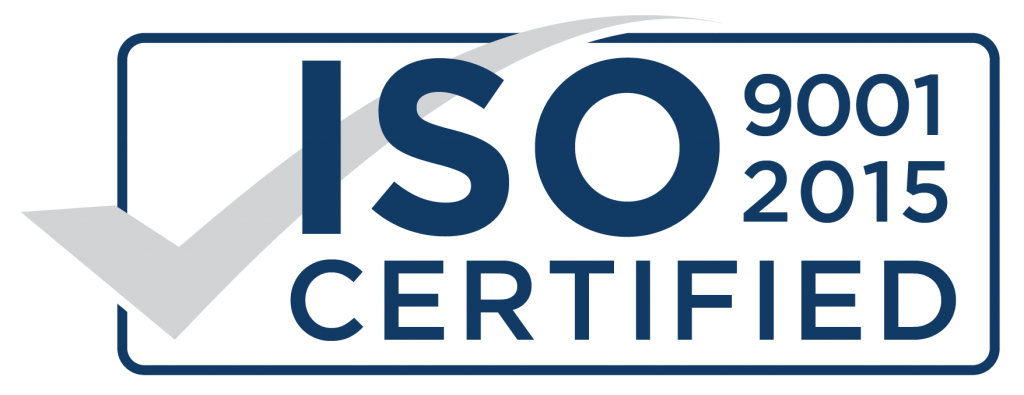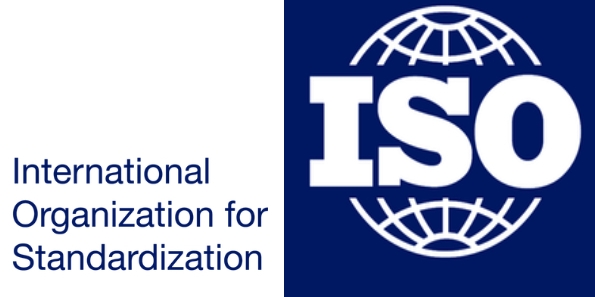Why should You Engage an ISO Registration Consultant?
Finding the correct ISO registration consultant is a critical decision, especially for firms looking for a consultant for the first time. Many firms hire a consultant to assist them in implementing a management system, often with the goal of gaining or maintaining ISO management system accreditation. Following implementation, some firms retain the consultant to serve as their management representative or internal auditor.
Management system consultants can be an extremely important addition to your team, whether on a temporary or long-term basis. However, as with any relationship, it is critical to make the proper option. So, this post discusses what quality people should know before selecting the best ISO consultant. If you are unsure where to begin, contact LegalRaasta and we will assist you in applying online for ISO registration certification.
Functions of ISO Registration Certification Consultants
- It provides advice by interpreting standards and supporting managers through implementation.
- Management through project management of the implementation in part or in full in order to get an ISO registration certificate.
- Implementation by giving additional hands-on resources to carry out plans or specialized duties such as internal auditing.
- On-going help by undertaking regular activities such as internal audits.
ISO Registration Consultant Stages
- There is no formal management system in place at the organization. The difficulty here is determining what is missing before planning thorough execution. In this case, it may be beneficial to hire a consultant to conduct a gap analysis and provide an estimate for the installation of an ISO registration certificate.
- The organization employs both informal and formal management system aspects. The consultant may assist in structuring the management system and ensuring that all management systems standard requirements are met.
- The organization has put in place a formal management system in accordance with a management systems standard. In this situation, the consultant may guarantee that the system is ready for certification audits, conduct internal audits, or provide advice on ISO certification body selection.
Quality for best ISO registration Consultant
- Reasons to engage a consultant: ISO registration systems standards cover a range of management disciplines across the full range of organizational functions. It depends upon various supporting roles consultant perform. Also it provides support in various fields.
- Relevance and experience: It is critical to choose an ISO registration consultant with relevant experience for a successful working relationship and management system installation. Consider the following crucial factors:
- Industry experience indicates that the consultant is knowledgeable about the industry in which your firm works and its primary activities.
- Experience with management systems means that the consultant has a track record of implementing management systems in the relevant field, such as quality, environment, energy, health and safety, information security, and so on.
- Standards experience denotes the consultant’s ability to interpret and apply the requirements of applicable standards, such as ISO 9001, ISO 14001, OHSAS 18001.
- Certification body allegiance means that if your goal is to obtain certifying, you should know if your consultant has relationships with many certification bodies and can assist you in making that critical decision.
- Establish Rapport: Because your ISO Registration consultant will be spending a significant amount of time in your organization, with direct access to your processes and people, you must establish a good relationship and mutual trust with each other in order to obtain ISO registration certification. A face-to-face meeting to build rapport is highly advisable before going further with the selection process to apply for ISO registration process.
- Recognize their Approach: Your consultant may employ a variety of strategies and tactics depending on the size and scope of the ISO Registration implementation. These may necessitate varying levels of assistance and cooperation; thus it is critical to understand the implementation approach to guarantee that both sides collaborate well. Your consultant will need your time, attention, and resources to ensure effective implementation. Make sure you understand their expectations and are willing to commit to ISO certification with them.
- Contract and Cost: Budgets are rarely unlimited, yet price should not be the deciding factor when hiring a consultant. Expertise, experience, and rapport are critical in ensuring expectations are satisfied. However, in terms of cost and the supply contract, it is vital to understand:
- How much will the consultant charge to apply for an ISO certification certificate? For example, day rate or fixed project cost, paid in advance or in arrears.
- What is and is not included, for example, travel and subsistence.
- Who owns the management system’s intellectual property and service level agreements?
- Review references and case studies: Your consultant should be able to provide references, allowing you to acquire personal views from previous clients and learn how the consultant was able to help them achieve their ISO registration certificate goals. Client testimonials and case studies are frequently posted on the websites of consultants. You’ll be more ready to make an informed decision if you learn about their credentials.
Conclusion
Our blog discusses the issues to consider when obtaining an ISO registration certificate. We hope you enjoy our blog and will share it on other social media networks. Making the proper option can be tough at times; to assist you in this process, LegalRaasta offers the ISO Registration adviser, which includes specialists with demonstrated experience in assisting clients in achieving their ISO management system goals. We will assist you with any ISO certification, such as ISO certification 9001 and ISO 17021.
LegalRaasta will provide certification that would be simpler, easier, faster or less expensive if you use us for ISO registration certification. By choosing us gives you the confidence to choose the right consultant for your management systems implementation and improvement in easier and better way.










